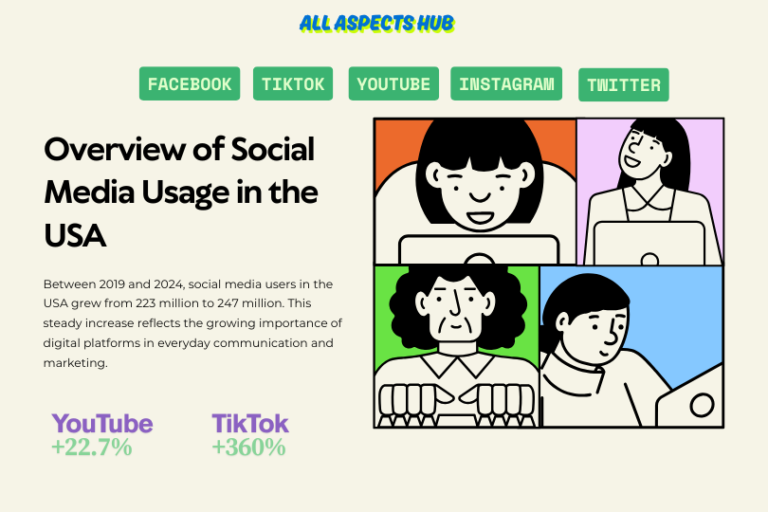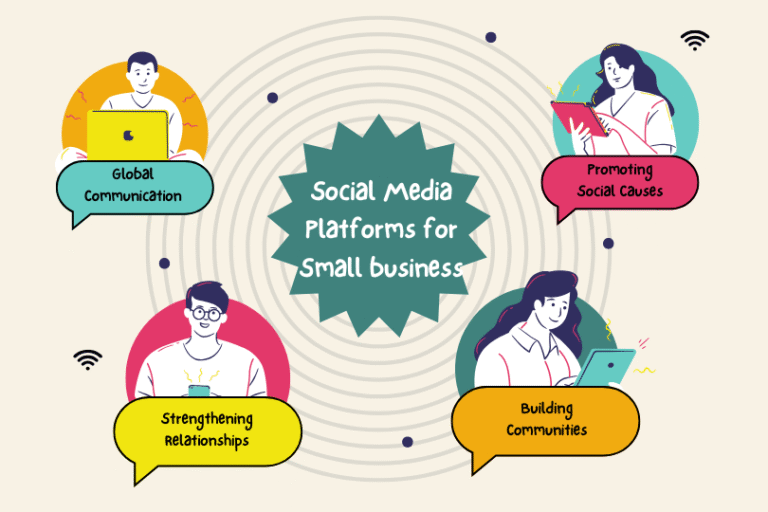
Credit cards can be powerful financial tools when used wisely, offering convenience, security, and the potential to build a positive credit history. However, many individuals, especially those new to the world of credit, often make common mistakes that can lead to financial troubles. In this guide, we’ll explore the top 10 mistakes people make with their first credit card and provide valuable insights on how to avoid them.

1. Ignoring the Fine Print
One of the biggest mistakes people make when getting their first credit card is neglecting to read and understand the terms and conditions. The fine print contains crucial information about interest rates, fees, and other terms that can significantly impact your financial well-being. Take the time to review and comprehend the terms to make informed decisions about your credit card usage.
2. Maxing Out the Credit Limit
It can be tempting to use your credit card to its full limit, especially when making significant purchases. However, maxing out your credit card can harm your credit score and lead to financial stress. Aim to keep your credit utilization below 30% to maintain a healthy credit profile and avoid accumulating excessive debt.
3. Making Only Minimum Payments
Paying only the minimum amount due each month might seem like a convenient option, but it can result in long-term financial consequences. Interest charges can accumulate rapidly, and you may end up paying much more than the original purchase price. Strive to pay the full balance each month to avoid unnecessary interest and build a positive credit history.
4. Neglecting Due Dates
Late payments can have a severe impact on your credit score. Missing due dates not only incurs late fees but also signals to creditors that you may be a risky borrower. Set up reminders or automatic payments to ensure you never miss a due date and protect your creditworthiness.
5. Ignoring Credit Score Monitoring
Your credit score is a crucial indicator of your financial health. Neglecting to monitor it regularly can lead to unpleasant surprises when applying for loans or other financial products. Utilize free credit score monitoring tools to stay informed about your credit standing and address any discrepancies promptly.
6. Falling for Credit Card Rewards Traps
While credit card rewards can be enticing, falling into the trap of overspending to earn more rewards is a common mistake. Focus on your budget and spending needs rather than chasing rewards. Accumulating unnecessary debt to earn points or cash back can outweigh the benefits.
7. Closing Old Credit Card Accounts
Closing your first credit card might seem like a logical step, especially if you’ve upgraded to a better card. However, keeping your oldest credit card open can positively impact your credit history and contribute to a higher credit score. Closing old accounts can shorten your credit history, potentially lowering your score.
8. Not Having an Emergency Fund
Relying solely on your credit card for emergencies without having a separate emergency fund is a risky move. Unexpected expenses can arise, and having an emergency fund can help you avoid accumulating high-interest debt. Aim to build a financial safety net to cover unforeseen expenses without relying on credit.
9. Ignoring Security Measures
In the age of online transactions, overlooking security measures can expose you to the risk of identity theft and fraudulent activities. Regularly check your statements, enable two-factor authentication, and use secure websites for online transactions to safeguard your credit card information.
10. Not Seeking Professional Advice
If you find yourself struggling with credit card debt or financial management, seeking professional advice is a wise decision. Credit counseling services can guide budgeting, debt repayment, and improving your overall financial situation. Don’t hesitate to reach out for assistance when needed.
In conclusion, navigating the world of credit cards requires careful consideration and responsible financial behavior. By avoiding these common mistakes, you can make the most of your first credit card and set a solid foundation for a healthy financial future. Remember, informed decisions and responsible credit card usage are key to financial success.






